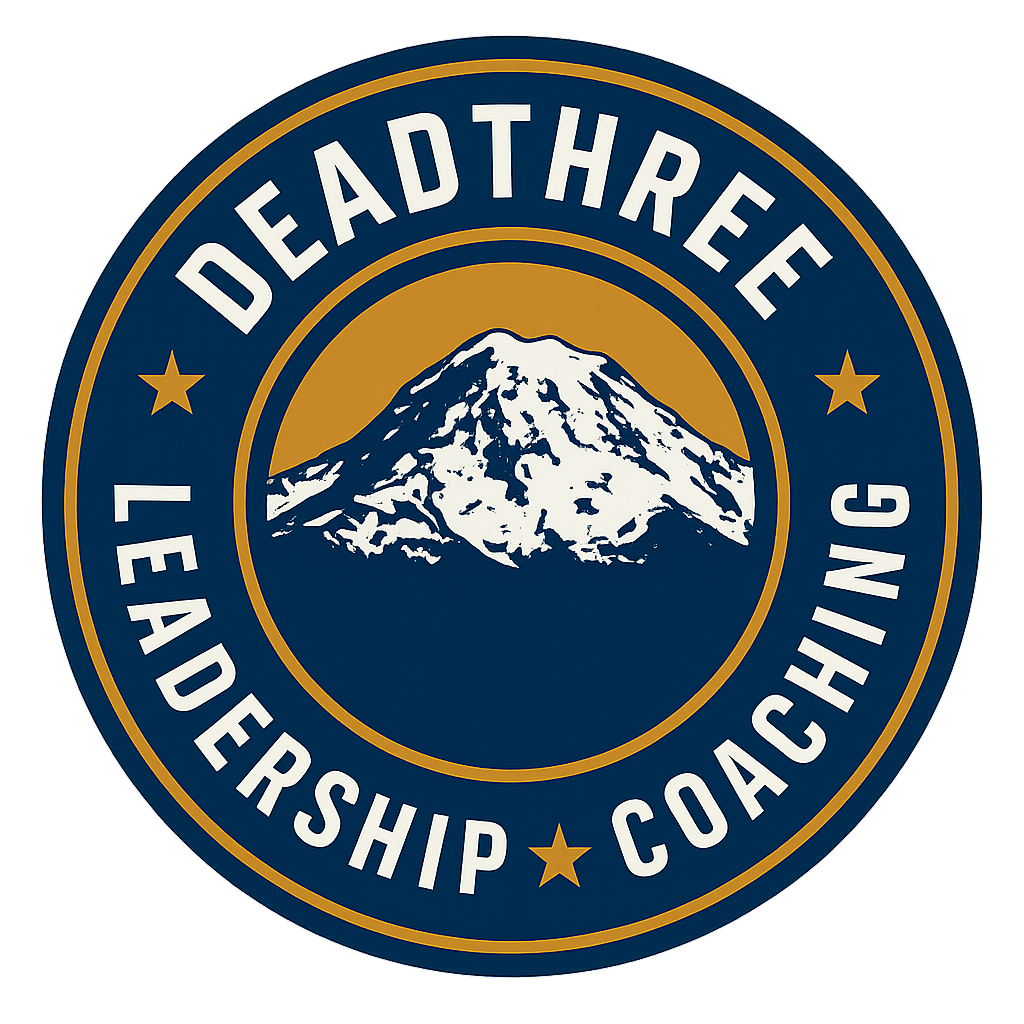The Wisdom of Knowing What You Don’t Know
The Wisdom of Knowing What You Don’t Know
Why Intellectual Humility Matters
Adam Grant, in his book Think Again, offers a timeless truth: "If knowledge is power, knowing what we don’t know is wisdom." This statement captures the essence of intellectual humility—the practice of acknowledging the limits of our understanding and embracing the opportunity to grow through continuous learning.
In a world that often rewards certainty and expertise, it can feel uncomfortable to admit gaps in knowledge. Yet, it’s in those very gaps that we find the seeds of wisdom. Intellectual humility allows us to rethink our assumptions, adapt to new information, and approach challenges with a curious mind. It’s a mindset that fuels personal growth and strengthens teams and organizations.
When was the last time you paused to reflect on what you don’t know? Leaders who embrace intellectual humility cultivate a culture of learning and curiosity, paving the way for innovation and deeper connections.
How Intellectual Humility Drives Leadership and Growth
Leaders who exhibit intellectual humility demonstrate confidence, not through certainty but through their openness to new ideas and perspectives. This mindset fosters collaboration, trust, and creativity within teams. When a leader says, “I don’t know,” it signals a willingness to learn and invites others to share their insights and expertise.
Intellectual humility is also a key driver of innovation. By questioning assumptions and seeking out diverse viewpoints, leaders create an environment where new ideas can flourish. This willingness to admit what we don’t know encourages teams to take risks, learn from failure, and adapt to change.
Beyond leadership, intellectual humility strengthens self-awareness. It reminds us that growth comes not from clinging to what we think we know but from challenging those beliefs and exploring what lies beyond.
Three Actions to Practice Intellectual Humility Today
Ask for Feedback: Identify an area where you could improve—whether it’s a skill, a decision, or a mindset—and seek honest feedback from someone you trust. Be open to hearing perspectives that challenge your assumptions.
Rethink a “Certainty”: Choose one belief you hold strongly and explore it from a different perspective. Read articles, listen to podcasts, or engage in conversations with people who hold opposing views.
Celebrate the Unknown: When faced with a question you don’t know the answer to, embrace it as an opportunity to learn. Say, “I don’t know yet, but I’d love to find out.” This simple shift transforms uncertainty into curiosity.
Rethink, Learn, and Lead
Adam Grant’s Think Again reminds us that the pursuit of wisdom begins with acknowledging our limits. By embracing intellectual humility, we open the door to continuous learning, personal growth, and stronger leadership. It’s not about knowing everything—it’s about being willing to rethink, unlearn, and grow.
How can you embrace what you don’t know today? Take a step toward wisdom by asking questions, challenging assumptions, and fostering a culture of curiosity.
Ready to Elevate Your Leadership and Team Execution Skills?
Join our growing community of leaders and professionals who are transforming the way they lead and build teams. Gain access to exclusive resources, actionable insights, and a network of like-minded individuals dedicated to driving success. Don’t just read about leadership—live it.
